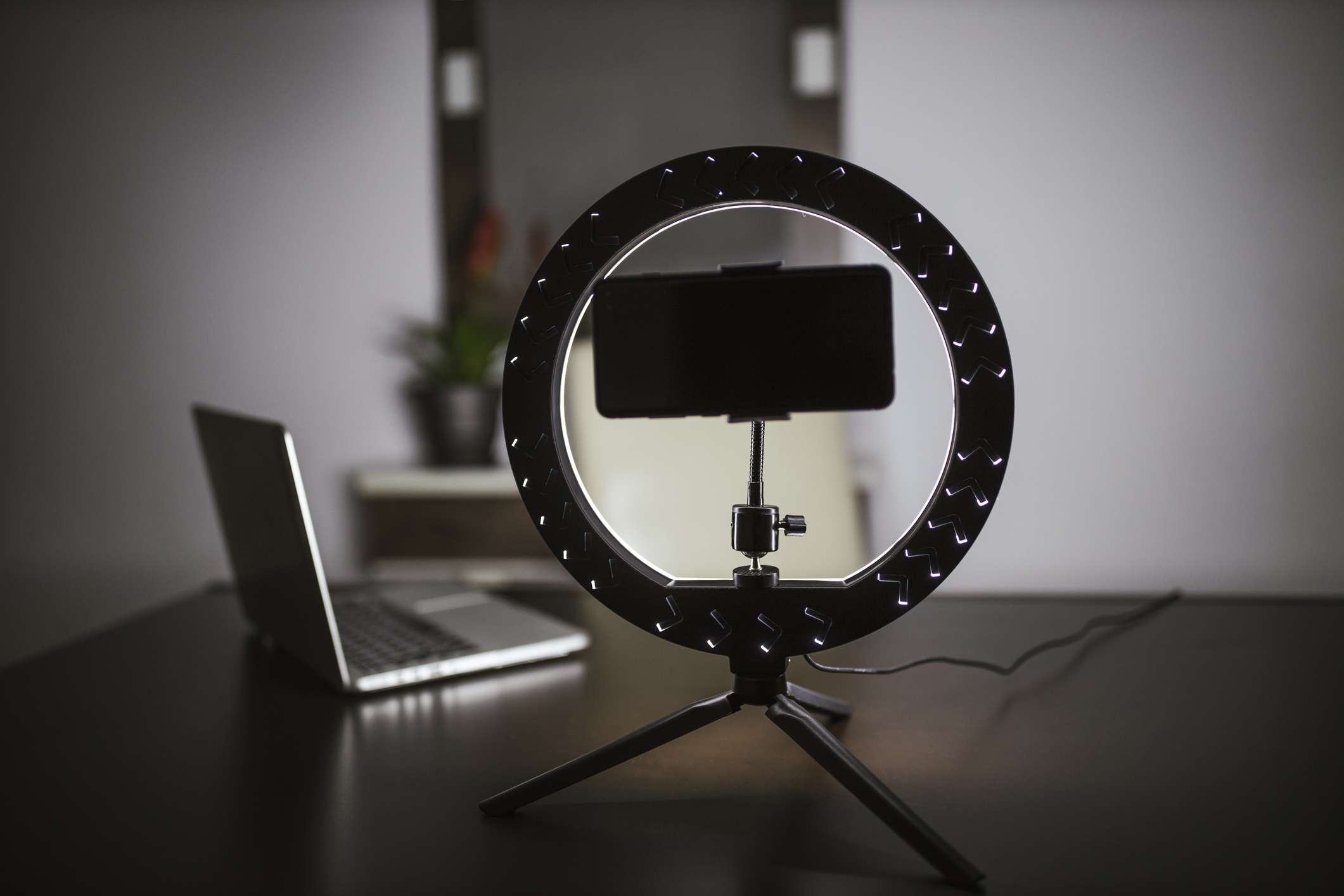There is an entire Chinese industry profiting off of racist videos about Africans. Yes, you read that correctly. Sadly, in the year that is 2022, racism is still a global epidemic and a recent report from Rest of World is proof of it.
For example, the Chinese video app, Kuaishou, drew in tens of thousands of viewers, who watched as a young Chinese man hosted a beauty pageant where he scrutinized Zambian women. And ladies and gentlemen, this is one of the main sources of primetime entertainment in China.
In this specific video, viewers watch the young man dish out lines to the women to repeat back to him, and comments like “All good – except too Black,” flood the video via the app. One contestant also begins to sing after being instructed to do so. Another person commented, “Number five has straight legs,” about another woman participating in the pageant.
The host of the show is 28-year-old Cheng Wei, who has roughly 10 million followers across various Chinese social media platforms under the handle “African Mr. Hello.” Throughout the contest he makes strange remarks about the women and even goes as far to say the following: “Africans are inherently savage, barbaric, you know? They only have profits in their eyes” (An ironic thing to say for a person drawing in a profit from mocking African people).
A Society Built On Racism
Sadly, Cheng is just one of many Chinese influencers who bring in a fortune simply by promoting economic, cultural, and political superiority among Chinese fans. Each of the videos includes racist ideology and targets Black people specifically. Dozens of the videos feature Black children who are being shown how to embrace the Chinese language and culture. Black women featured throughout the platforms are degraded as sexual objects. From participating in beauty pageants led by Chinese men to calling those same influencers names like “hubby,” the common theme is that the men are looking to be portrayed as “wealthy saviors” who are using their stature to provide locals with money, jobs, clothes, healthcare, housing, and food.
“[Chinese] tend to think of themselves as targets of racism. They do not think about themselves as doers of racism, that they are also practicing racism to other people. But they are” said Sheng Zou, a researcher at the University of Michigan, who focuses on Chinese digital media. “If you look at the representations in those videos, they are trying to establish the kind of contrast between them as modern subjects and Africans as somewhat inferior, somewhat premodern subjects that are backward.”
Will It Ever Change?
A research director at the University of Johannesburg’s Centre for Africa-China Studies reveals that the only time issues like this are addressed by China is when it serves as a threat to its relationship with Africa, which plays a pivotal role as the country’s key economic and diplomatic partner.
“Only when racism from the Chinese internet triggers backlash in Africa, a key economic and diplomatic partner, does Beijing feel the need to act,” said Emmanuel Matambo, research director at the University of Johannesburg’s Centre for Africa-China Studies, Rest of World reports.
“[The Chinese government] only respond when there’s outrage,” Matambo also said, according to the outlet. “The Chinese always want to show Africans that they are a different type of partner from what Africa had with the colonists.”

